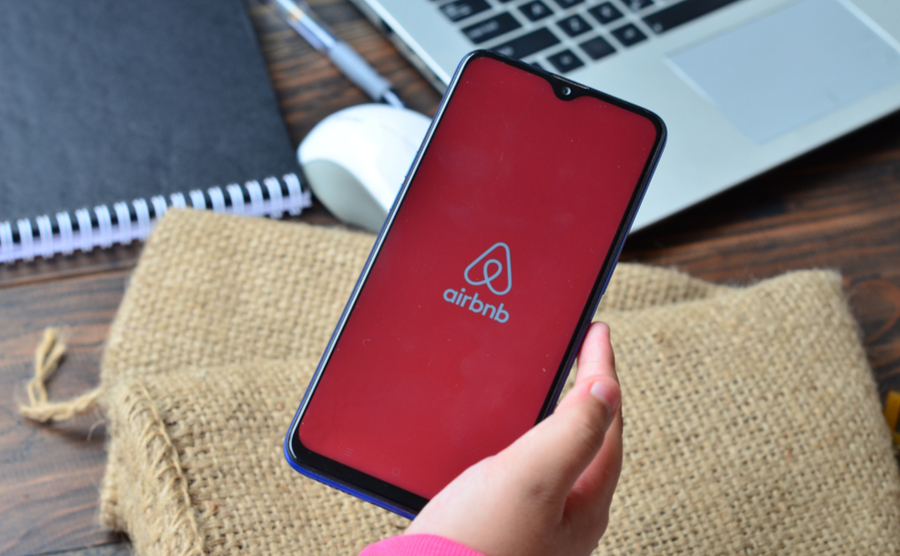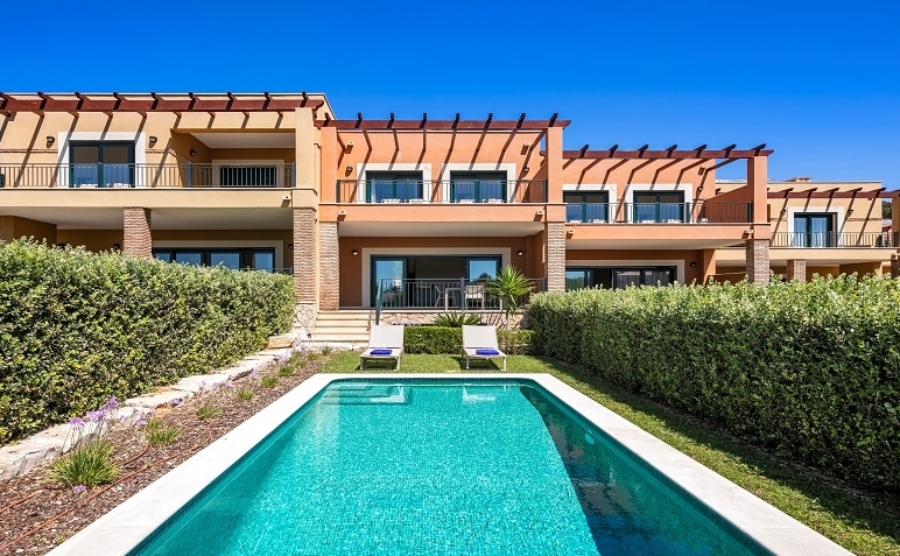The subject of Airbnb in Portugal is both controversial and a matter of fierce debate.
The Portuguese government’s recent Mais Habitação (More Housing) initiative was passed on 17th May. It marks the launch of a range of heavyweight interventions in the housing market, primarily intended to support access to affordable housing for residents.
Short-term Airbnb-style rentals (under the Alojamento Local regime) have been firmly in the crosshairs, particularly in the cities of Lisbon and Porto. Short-term rentals have boomed in the cities (and across Portugal), resulting in rising prices and complaints that full-time residents are being priced out of the market.

Would you consider letting out your Portuguese home?
Find homes in Portugal via our property portal.
Airbnb recently spoke out in defence of its business in Portugal. The company pointed out that 90% of the homes advertised on Airbnb Portugal were being rented out by local families, and that most owners had just one listing on the platform. Airbnb said that nearly 70% of hosts in Portugal “do not consider hosting as their main occupation.”
That debate aside, rules are now in place for anybody planning to operate an Airbnb in Portugal needs to be aware of. Most significantly, new Alojamento Local licenses are, for now, being suspended – not just in Lisbon and Porto, but everywhere outside of “less populated rural areas.”
How does it work in practice?
It’s still early days for these new rules, but a key detail is the fact that the management of Alojamento Local licensing is being placed in the hands of individual councils. They will “(assess) the need for accessible housing within the municipality.”
As such, a key piece of advice for anybody planning to buy a property for short term rental is to do in depth research in the local area. There remain huge swathes of inland Portugal where new Airbnb-style rentals remain permitted. However, it’s also worth noting that an initial map showing which municipalities are affected by the new restrictions includes the bulk of the Algarve and almost the entire western coast north of Lisbon.
Opinion is certainly divided on these restrictions, and it seems likely that a balance will establish itself over time. In the Algarve, for example, there are huge developments that are primarily used as holiday accommodation. Further parliamentary debate and possible legal challenges are to be expected in the months ahead.
In the meantime, potential Airbnb investors may wish to cast their eyes over property listings in areas that are unaffected, such as the eastern and western-most points of the Algarve.

Would you let out your Portuguese holiday home?
Preparing an a Airbnb in Portugal or property to let
If you’re planning to rent out a holiday home in Portugal, there are various things you need to consider. Here are some key steps:
1. Ensure all licensing is in place
With short-term holiday accommodation very much under the microscope, taking shortcuts on licensing legalities is foolhardy at best. Obtaining an Alojamento Local license isn’t particularly complicated – but can be time consuming, and usually requires multiple visits to the property and trips to government offices.
Even if you live permanently in Portugal, you may find it easier to delegate this work to an agency or local specialist – especially if you don’t speak fluent Portuguese.
2. Look at the property through renters’ eyes
Anybody who’s stayed in several Airbnbs will have encountered some that fall short for various reasons. Poor cleanliness, rickety furniture, unreliable electronics and issues with check-in and check-out are common complaints.
The reputation of a rental property lives and dies on its reviews. As such, it’s crucial to look at your property through a critical eye, putting yourself in the shoes of potential visitors. If you wouldn’t give it a five-star review, then nor will your guests.

All non-residents of Portugal who own property, hold a bank account or have a business there must appoint a tax representative.
3. Stay on top of documentation, tax, and legal requirements
Portugal is a country that takes legal requirements seriously. Heavy fines exist for everything from failing to maintain a complaints book (Livro de Reclamações) at the property, to neglecting to electronically log the identity of every guest.
Similarly, you will be required to declare and pay tax on your rental income. It’s advisable to hire an accountant – both to ensure that you meet your legal obligations, and to ensure you claim any deductions and credits you are entitled to.
4. Employ a Trusted Management Company
Plenty of people in Portugal – expats included – work in the business of managing holiday rentals. Not all of them do it well.
The company managing your Airbnb in Portugal holds your reputation in its hands. Firm personal recommendations from existing owners are crucial – and they should be for companies that have successfully handled multiple seasons.

Keep an eye on your finances to see where money can be saved
5. Keep Track of Your Bills
One way to guarantee a bad review is a guest turning up to find the water, the electricity or the broadband not functioning. Staying on top of utility bills and related correspondence can be challenging, especially if you’re not based in Portugal, but it’s essential.
One way to ensure your scheduled payments always clear is to set up regular automated transfers to your Portuguese account(s). You can read about the Smart Currency Exchange Regular Payments Plan here.
With over 100,000 Alojamento Local properties in Portugal already, it’s little wonder that the government has decided to intervene in the market. However, that doesn’t mean there’s no longer an opportunity to establish an investment property, or use short-term rentals to help finance your own bolthole in the sun. Just make sure you take care of the essentials.
Interested in buying a property in Portugal?










